This course is an immersive introduction to human anatomy and physiology from a clinical perspective. Students gain a functional understanding of the systems of the body and the structure and function of the tissues that comprise them.
Online Biology
Can we find life elsewhere in the Universe? This is one of the big questions at the forefront of scientific endeavor. It compels us to explore our celestial neighborhood, searching for signs of life in the Solar System and Earth-like planets beyond. In The Living World, you will learn about the search for life as you master concepts in general biology, including key aspects of biodiversity, evolution, cellular biology, molecular biology, ecology, and human anatomy and physiology.
Course prerequisites and requirements
To be successful in this course, we recommend English language fluency and computer literacy. We also encourage you to make sure your laptop or desktop computer meets the technical requirements.
Next start date:
Jan. 09, 2024 (16 weeks)
Mar. 05, 2024 (8 weeks)
What you’ll learn
What to expect in class
The Living World is an innovative course with a format different from most online courses. It is built around interactive activities with rich adaptive feedback. These are not videos or simple readings and quizzes. Usually they are problem-solving activities through which you will be introduced to key concepts, and master them, in a question-driven ‘learn-by-doing’ approach. Often they will be designed around game-like simulations that you can manipulate, or virtual field trips that you can explore. In some ways, these activities can feel like a serious game! That’s not an accident: that’s in fact how the pursuit of science feels to professional scientists.
All activities and assessments occur within the interactive BioBeyond Learnspace, which includes modules and associated point values.
Exams and grading
752 pts
1000 pts
World Biodiversity Expedition
1055 pts
Journey to the Galapagos
484 pts
Time Traveler’s Guide to Life on Earth
850 pts
1483 pts
Searching for Signatures
1422 pts
954 pts
A Mission Beyond
Transcript
This course appears on your transcript identically to how it appears on the transcript of an enrolled ASU student who has taken the course on one of ASU’s campuses. Course attendance dates will be listed on your transcript. A self paced course will appear on your transcript in the session you complete the course.
This course includes a lab and satisfies 4 credit hours toward the Natural Science – Quantitative (SQ) General Studies requirement at Arizona State University. It is strongly encouraged that you consult with your institution of choice to determine how these credits will be applied to their degree requirements prior to transferring your credit.
Faculty and course staff
ML
Maria
Ledesma-Barrera
School of Life Sciences Cellular and Molecular Biosciences
Arizona State University
Biology Courses

Learn introductory programming and data analysis in MATLAB, with applications to biology and medicine.

Super-Earths and Life
Learn about the Earth, life, and how we can search for life elsewhere in the universe.

Food Fermentation: The Science of Cooking with Microbes
Explore the roles that microbes play in the production, preservation, and enhancement of diverse foods in a variety of culinary traditions, and learn about the history of food fermentations.

Cell Biology: Mitochondria
A human-centered approach to the fundamentals of cell biology with a focus on the power plants of the cell – mitochondria.

Fundamentals of Neuroscience, Part 1: The Electrical Properties of the Neuron
Learn how electricity makes the neurons in your brain tick.

Fundamentals of Neuroscience, Part 3: The Brain
Discover what makes your brain tick in this third course in our introductory series in neuroscience.
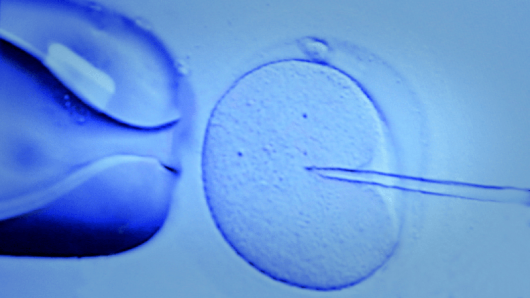
Bioethics: The Law, Medicine, and Ethics of Reproductive Technologies and Genetics
An introduction to the study of bioethics and the application of legal and ethical reasoning.

Fundamentals of Neuroscience, Part 2: Neurons and Networks
Discover how neurons work together to create complex networks inside the brain.
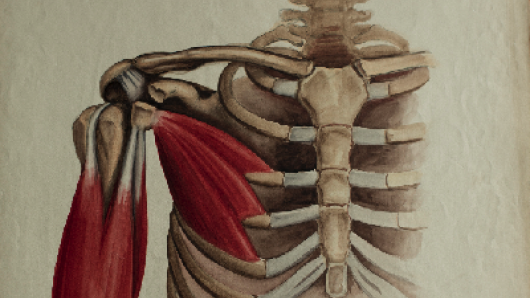
Human Anatomy: Musculoskeletal Cases
Learn the anatomy basic to understanding five musculoskeletal injuries commonly seen in primary care medicine and orthopedic clinical specialty practice. Follow hypothetical patients from injury to operating room.
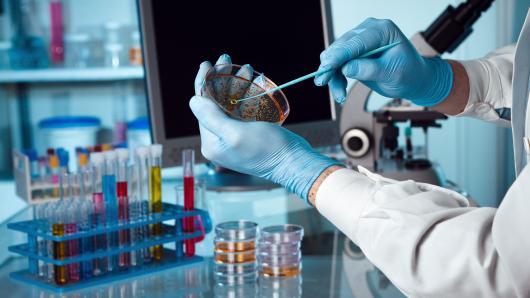
Cell Biology
This course cultivates an understanding of eukaryotic cellular and subcellular structure, with close attention to structure/function relationships that govern cellular processes at the molecular level
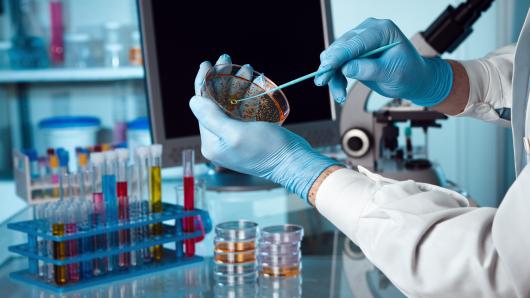
Epigenetics, Epitranscriptomics, and Gene Regulation
This course is designed to introduce students to the field of epigenetics and epitranscriptomics, and gene regulatory mechanisms that occur without changes in the underlying DNA sequence.

Clinical Anatomy and Physiology I
This course is an immersive introduction to human anatomy and physiology from a clinical perspective. Students gain a functional understanding of the systems of the body and the structure and function of the tissues that comprise them.

RNA Biology and Therapeutics
RNA molecules can store and transfer genetic information, as well as regulate cellular processes through enzymatic activity and their interaction with other biomolecules
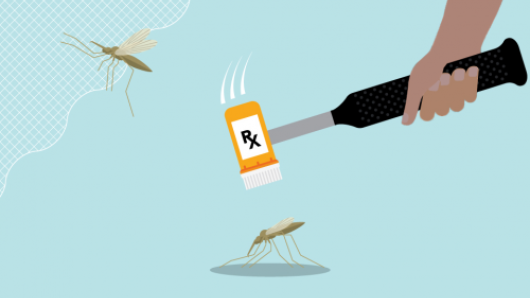
MalariaX: Defeating Malaria from the Genes to the Globe
How can we eradicate malaria? Explore cutting-edge science and technology, and examine policies needed, to control and eliminate malaria.

HMX Biochemistry
Learn foundational concepts in biochemistry and gain a new appreciation for how this field applies to human health and disease.

